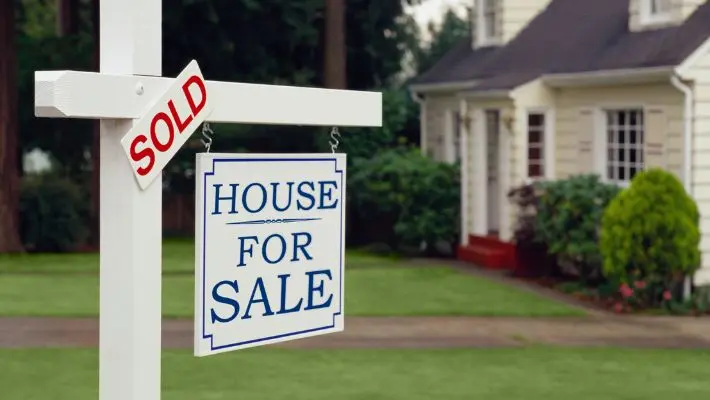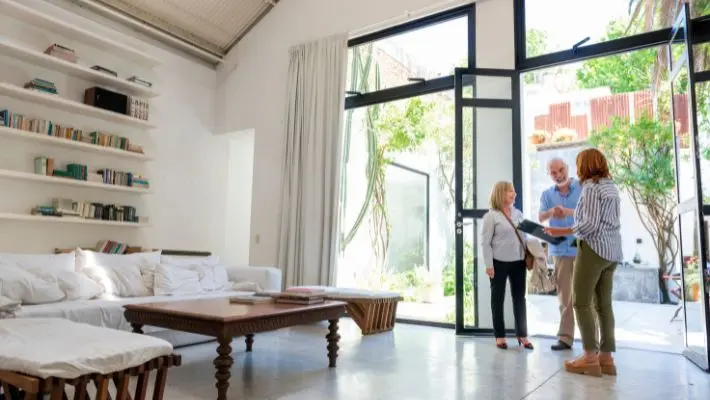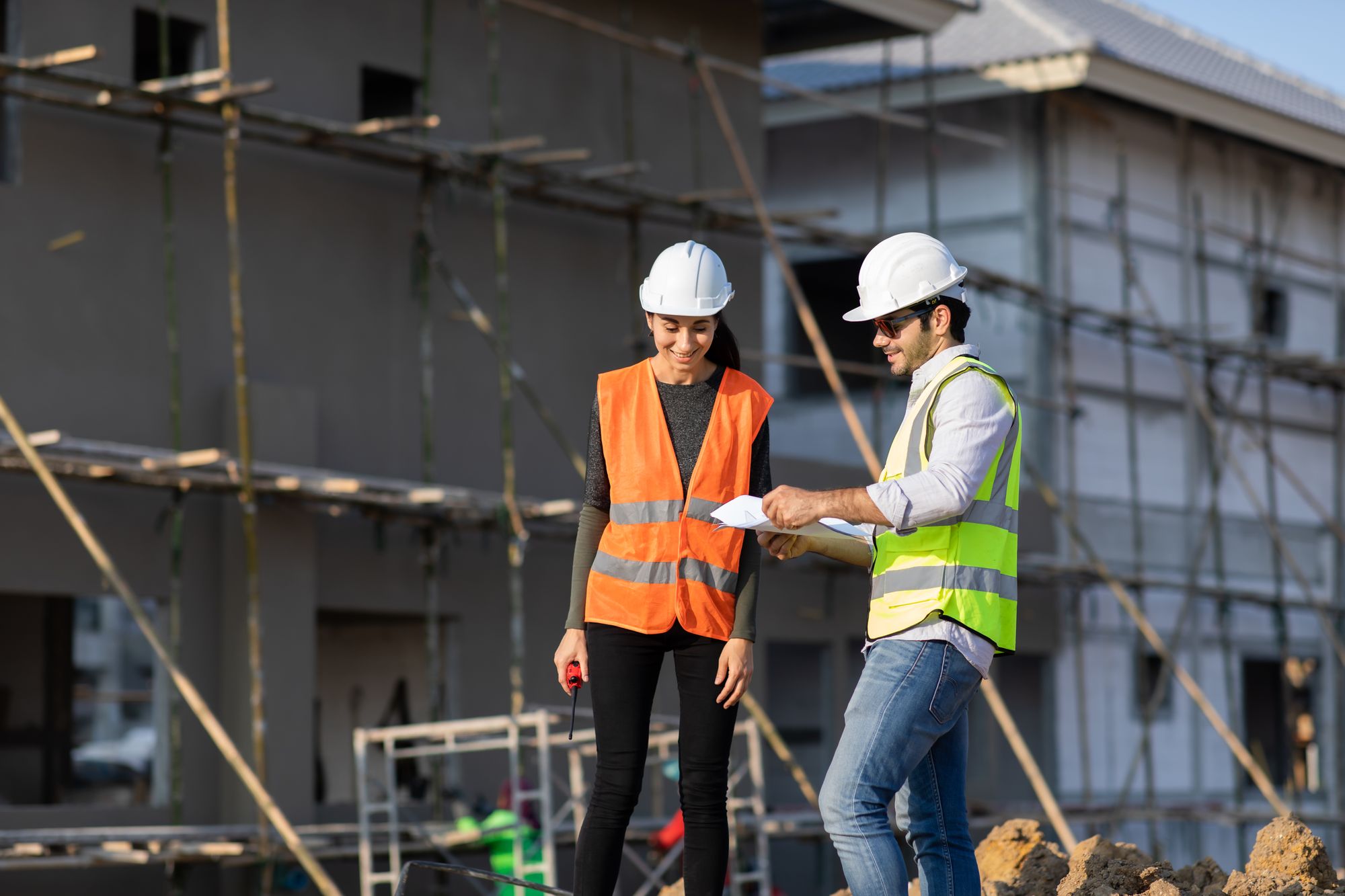
6 Steps to Take When Buying a New Construction Home
Buying a new home invites the possibility of high levels of customizations and a modern home experience, making it an exciting choice for homebuyers.
It’s a strong time for buying a new construction home. In 2021, an inventory of one million newly developed single-family homes is expected to be added to the U.S. housing market. The increasing supply, paired with the historically low mortgage rates, is enhancing the benefits already associated with purchasing a new build.
Homebuyers that are on the market for a state-of-the-art home, built with all of the latest technologies and amenities in mind, often shop for new construction. New construction homes also allow buyers to make custom requests beyond what’s possible with an existing property. Buyers can choose the builder, neighborhood, home model, lot location, and add-on amenities.
If you’re interested in buying a new construction home, keep in mind that this property type differs from pre-existing homes. The main difference to remember is that new construction listings are being sold by the builder, not from the previous homeowner.
To accommodate the slight differences, buyers should have a unique strategy in place to navigate through a new construction transaction. Here are six steps to follow when buying a new construction home to maximize your investment and streamline the experience.
#1. Find the Best Agent with Experience in New Construction
As in any real estate transaction, the first step should be to find the best real estate agent with experience in your target market. When buying a new construction home, working with an agent that specializes in new builds is essential. Not only will they be able to prepare and walk you through the entire process, but they will also be able to help you leverage your negotiations.
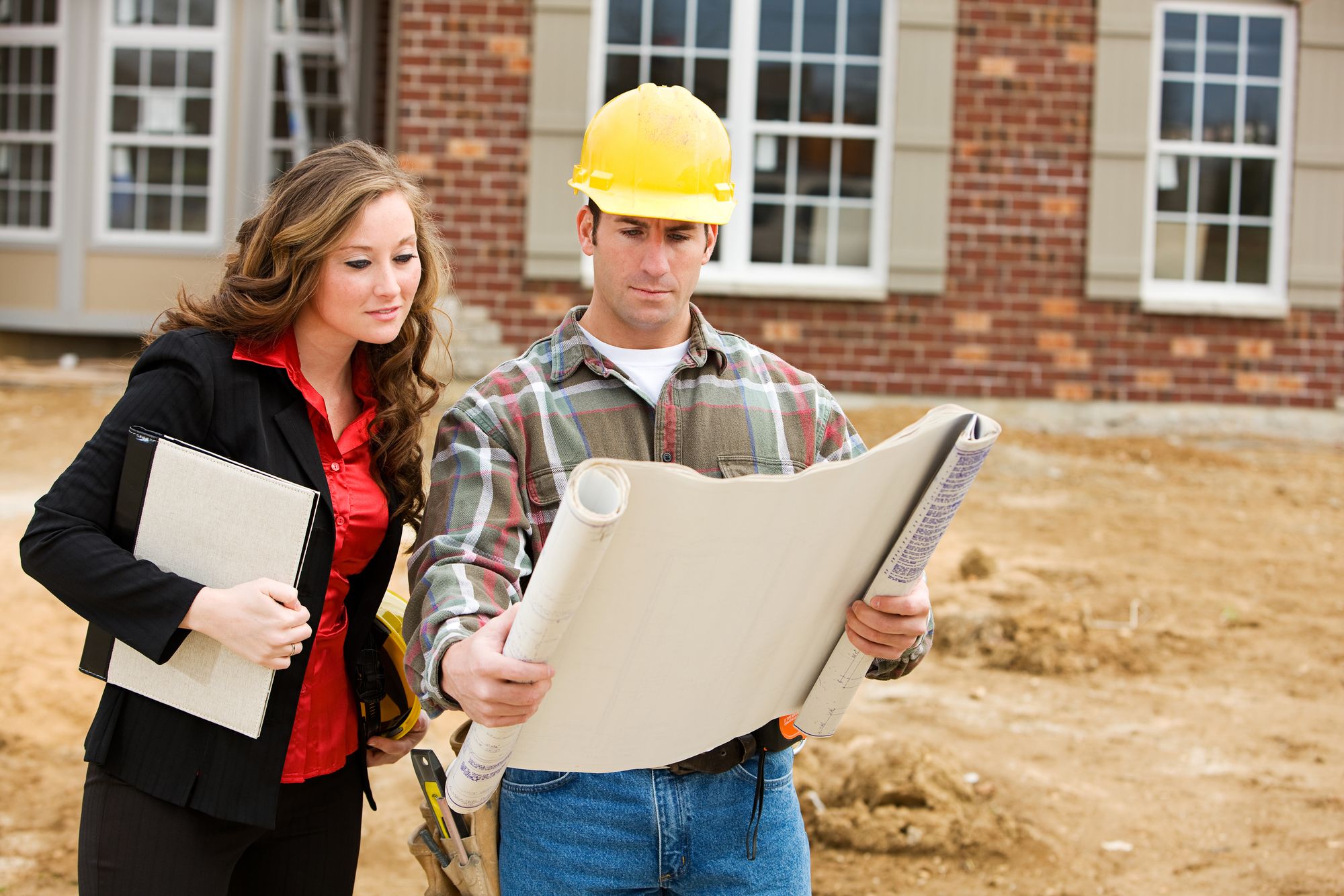
While it is extremely rare for a builder to negotiate the price of a new construction listing, it is common for them to negotiate property upgrades. An experienced agent would be able to best represent your interests throughout the deal with these standards in mind.
An excellent agent may also have industry connections with builders and developers, giving you access to exclusive listings and market opportunities.
#2. Talk to Your Lender About Preferred Loan Options
Mortgage lenders may offer special mortgage packages for buyers shopping for new construction properties. When you’re shopping for your mortgage, talk to your prospective lenders about any beneficial terms available for loans financing newly developed properties.

It’s always a good idea to start exploring your mortgage options early on in your buying timeline. When you make an offer, you’ll want to already be pre-approved by your lender to strengthen your proposal.
#3. Determine Your Budget
Buying a new construction home is usually more expensive than buying a pre-existing property.
The initial price point is higher due to the new development, but buyers also have access to amenity packages and upgrade bundles. Since buyers are encouraged to add features to their homes, the final sales price can increase quickly. In May 2021, the median sales price for new construction homes was $374,400. Buyers interested in new construction should always set a realistic budget before they begin shopping to avoid stepping outside their affordability zone.
#4. Have Escrow Money Prepared to Boost Your Offer
It’s always a good idea to have escrow money prepared when you make an offer on a new construction home. It’s not uncommon for multiple buyers to be scoping out the same property or lot, so buyers should try to make their first offers as strong as possible.
#5. Perform an Inspection
While new construction homes have not accumulated the wear and tear that existing homes have, that does not mean they are exempt from the inspection process.
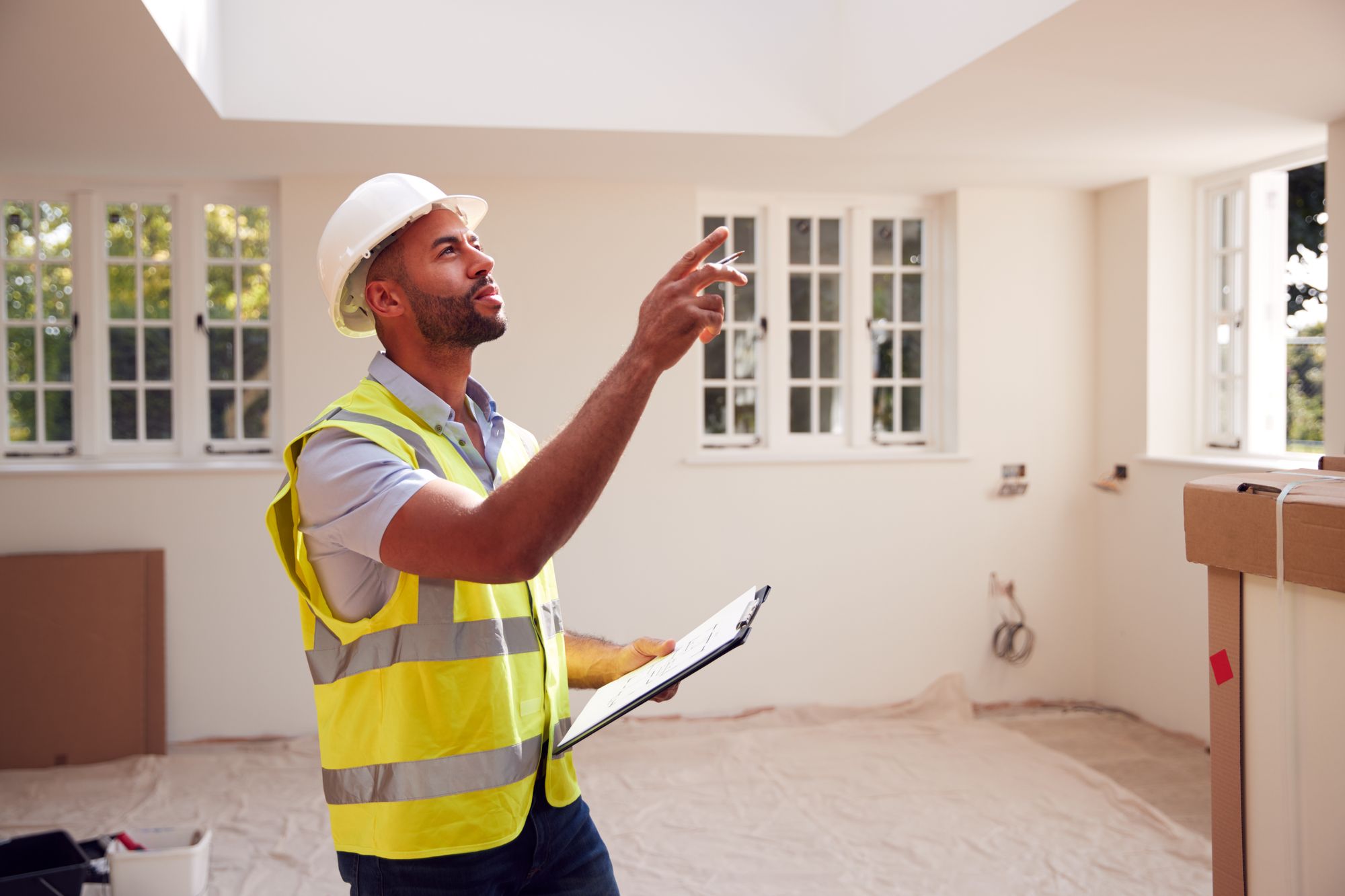
New homes need to be inspected to detect any builder defects or hidden property issues before they are officially sold. If the inspection reveals any property issues, it will be the builder’s responsibility to make repairs before the sale. Builders typically place a warranty on their homes, but it’s better to take care of any latent issues before the sale finalizes.
#6. Ask These Three Questions When Buying a New Construction Home
#1. When will the home be move-in ready?
If the home is still in development, any move-in and closing dates are estimated and are subject to change if setbacks occur. Getting your move-in dates in writing can help secure your position in case your timeline is postponed.
#2. When is the neighborhood expected to be finalized?
Moving into a neighborhood that’s still experiencing construction will lead to noise, mess, and disturbances until the work is done.
#3. What are the plans for any empty lots and spaces adjacent to the neighborhood?
There may be plans in place to convert undeveloped lots in your neighborhood into commercial, community, or residential spaces. You’ll want to know about them before deciding to buy.
Interested in buying a new construction home? Get connected with your best agent here.

